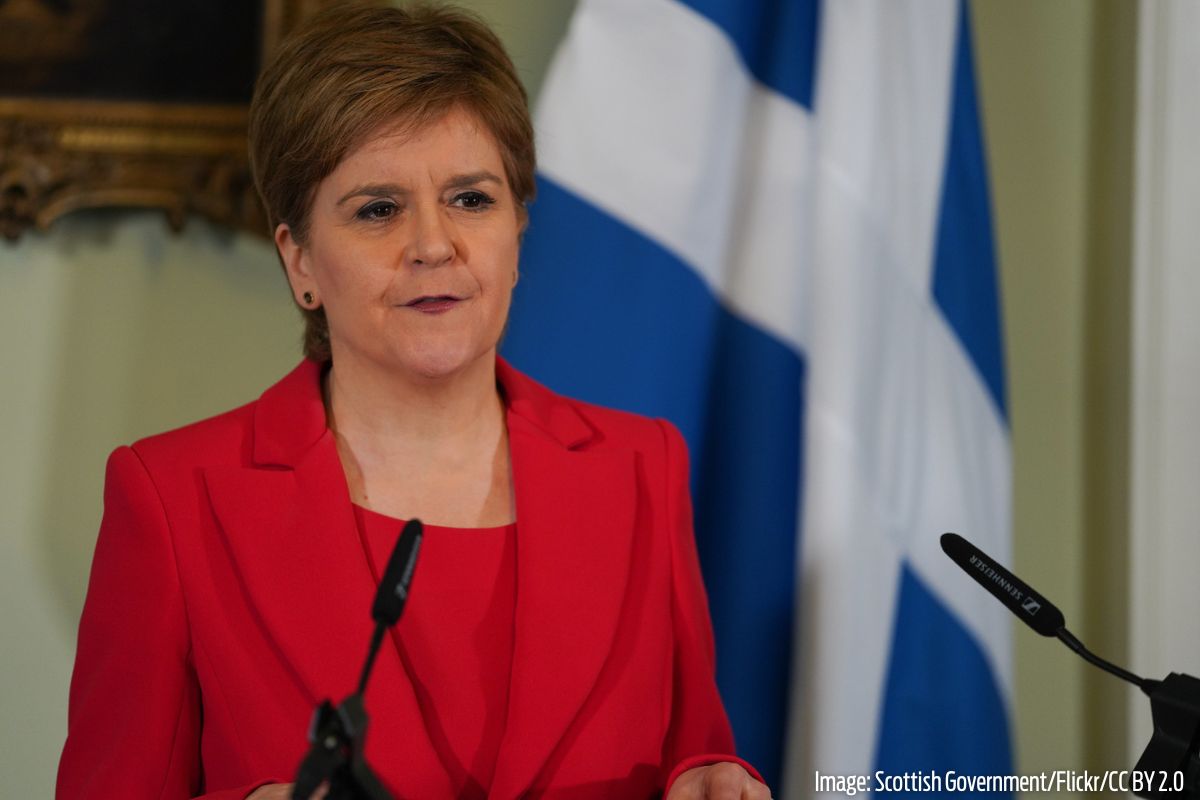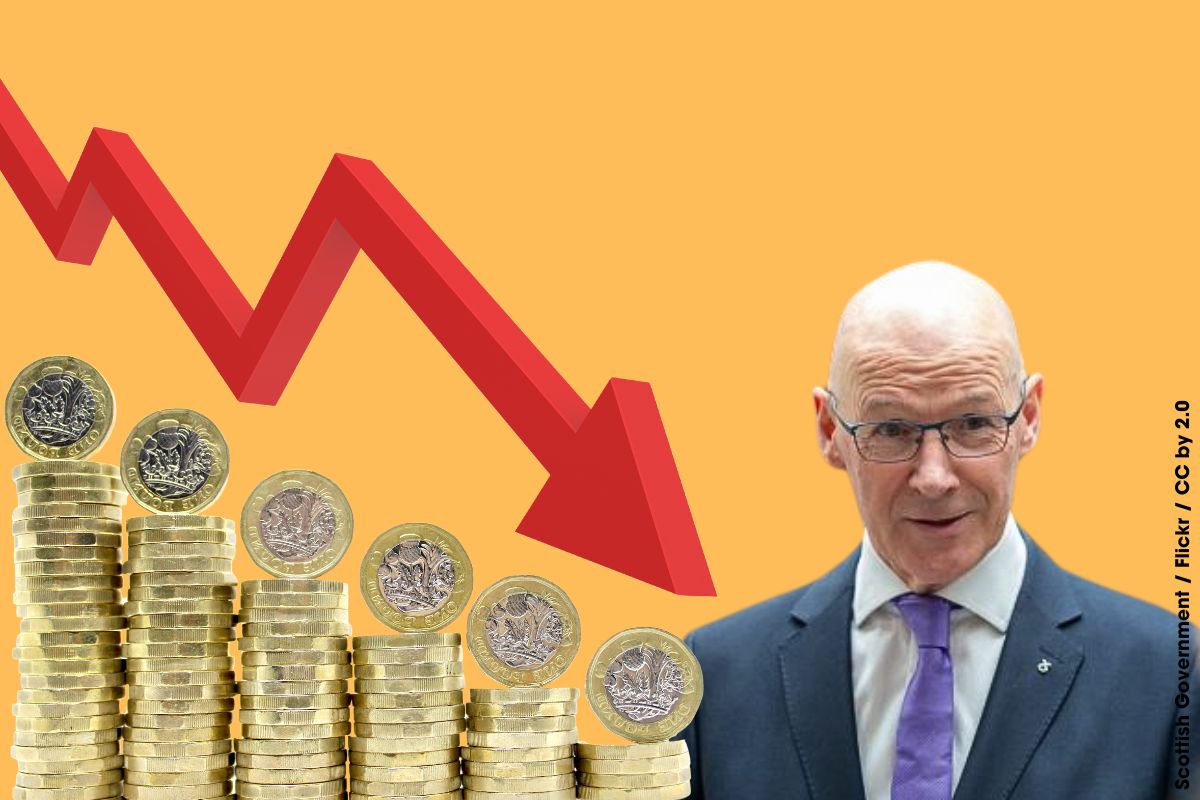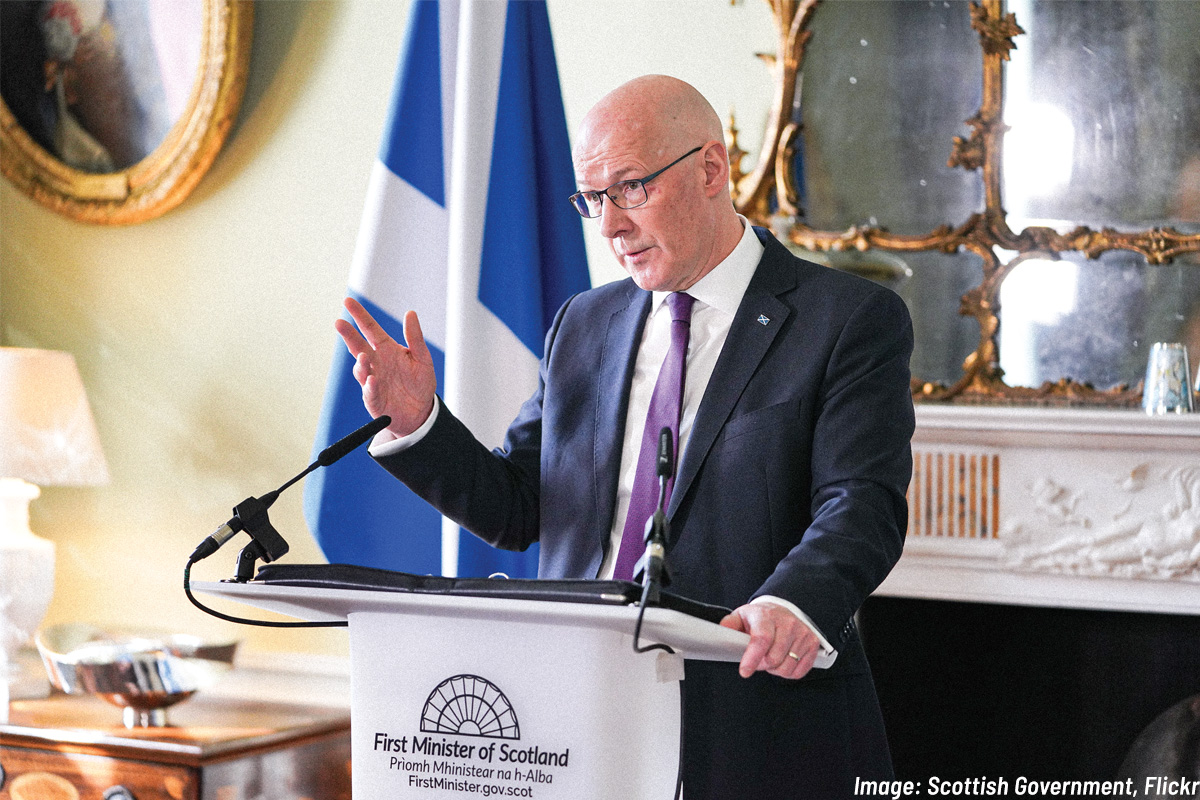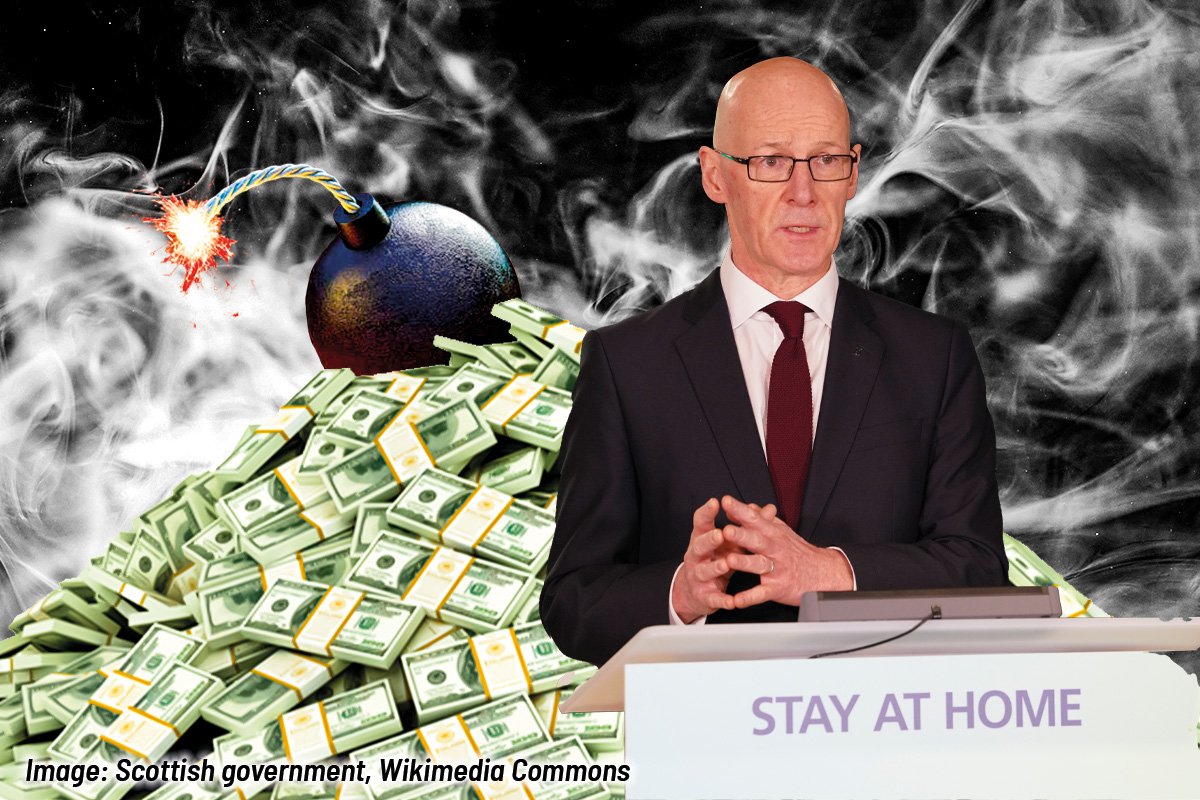As the seasons change, it is not just the weather that is looking increasingly dark and dreary in Scotland, but the political climate also, with the Scottish government announcing a new era of hardship.
Like the skies above us, the world of politics has seen thunderstorms and an almighty downpour of bad news.
Only a few weeks into office, the new SNP leader and First Minister John Swinney was caught in the deluge, as his party suffered a confidence-shattering defeat in the Westminster general election.
At the SNP annual conference last weekend, a closed meeting heard the fallout from these severe losses.
Meanwhile, delegates expressed their anger at the series of scandals that have plagued the party leadership, and at the dire lack of progress on any of the SNP’s priorities.
Delegates also took note of the party losing another 10,000 members in the past year, and the loss of over 250,000 voters to Labour at the July election. When it rains, it pours!
Run aground

In something of a ‘secret speech’ à la Nikita Khrushchev, John Swinney criticised previous leaders Humza Yousaf and Nicola Sturgeon for running the party aground, on the basis of hollow liberal mantras and vacuous promises of a second independence referendum.
He stopped short of denouncing cults of personality and alleged crimes committed while in office. With continuing inquiries being made into the SNP finances and the handling of the Alex Salmond affair, however, this could still be in the pipeline!
Swinney homed in on the question of independence, acknowledging that the party had led the movement nowhere.
Far from declaring a new strategy, there is simply an admission that there is no strategy, and that the SNP needs to focus on “governance” and winning back “middle class” voters.
After being routed, they are pronouncing a disorderly retreat. Independence is now firmly on the back burner.
The outlook of the SNP leaders is now one of desperately clinging to power before the 2026 Scottish parliamentary elections. They have to work “harder and smarter”, says the First Minister, if they are to survive.
Hurricane of austerity
What few achievements the SNP can point to after seventeen years in government, however, are being washed away in the storm, threatening to take the party with it.
Moreover, a hurricane of austerity is about to hit Scotland. And all the SNP have left in hand is a tattered and torn umbrella.
Already, the Scottish government has implemented emergency spending controls, cancelling investment plans (including into flood defences!) and imposing a hiring freeze for the public sector.
The universal winter fuel payment has been axed; extortionate peak railway fares will be reintroduced; free bus travel for asylum-seekers is over.
Other unique Scottish benefits such as free university tuition, school meals, childcare, and prescription charges are protected for now. But rumours that they will next be on the chopping block will not go away.
Up to £500m in emergency cuts are set to be made this fiscal year, setting the stage for deeper and more devastating austerity next year.
Bourgeois commenters scandalously blame the Scottish government’s financial calamity on public sector pay, which now amounts to half of daily expenditure.
In essence what they are telling us is: after the longest period of wage suppression in modern history, workers have won just enough to ensure their hand-to-mouth existence – but we will be forced to pay for this again and again in the form of slashed social benefits and public services.
Capitalism’s diktats

Like Prime Minister Keir Starmer, the SNP leaders are boldly confessing that “things will get worse (for the poor) before they get better (for the rich)”.
First Minister Swinney, in characteristic SNP fashion, says that his cuts are not austerity, but simply “living within our means” – while shifting the blame to Starmer.
Starmer’s Labour, in turn, shifts the blame onto the Tories, with the big fat lie that they didn’t expect to have to make such drastic cuts so soon.
The pious wishes of politicians mean absolutely nothing in the face of capitalism. It is sickening to hear them all talk about making “tough decisions”, when they are completely insulated from the consequences of these choices – made not by them, but by the bankers and capitalists.
The banks and corporations demand a regime of austerity for public services and the working class. And the politicians in Holyrood and Westminster dutifully carry out these diktats.
This is what they mean when they tell us that “there is no more money”. There is plenty of money for the capitalists’ profits and the imperialists’ wars, but never any for teachers, nurses, children, or pensioners.
All that capitalism and its representatives can offer, in Scotland as elsewhere, is a cold future. Only the fires of class struggle can bring warmth and relief to workers, the poor, and young people.






